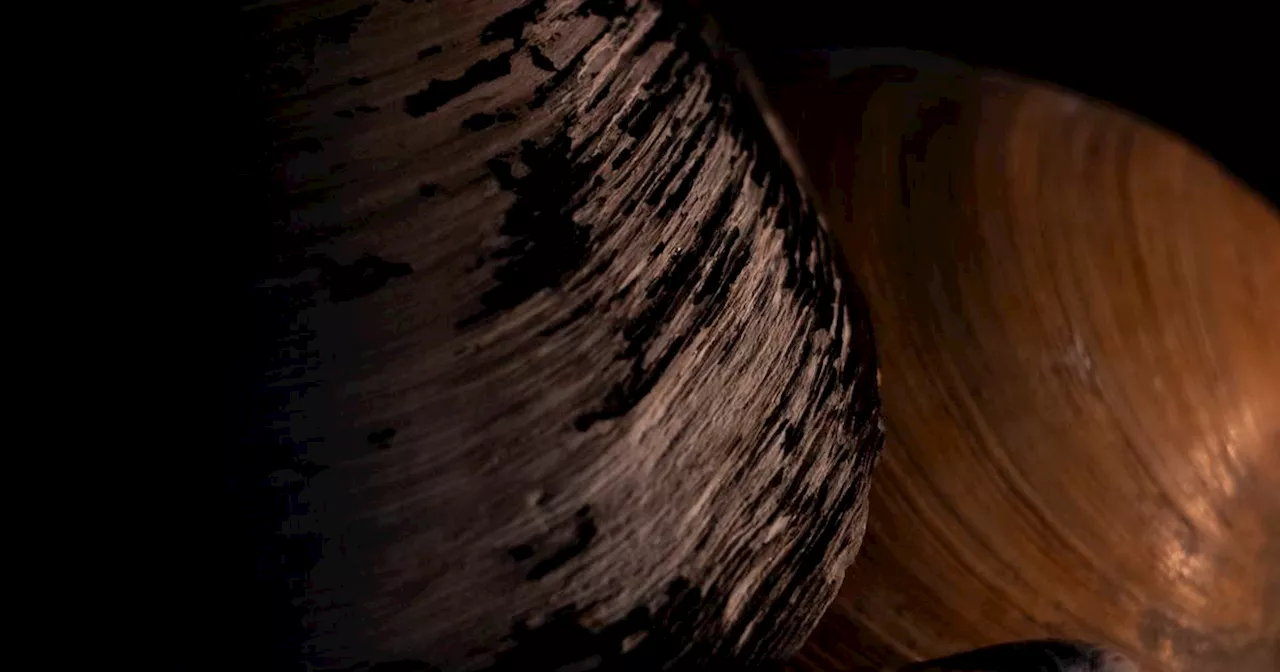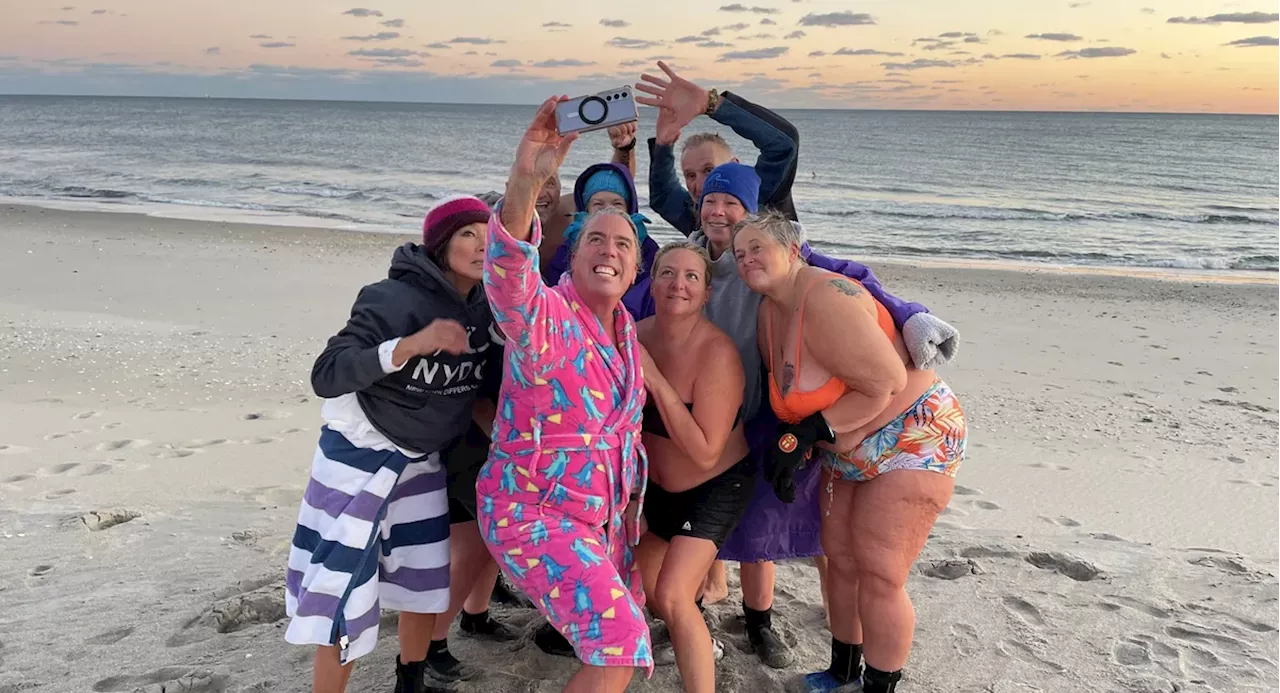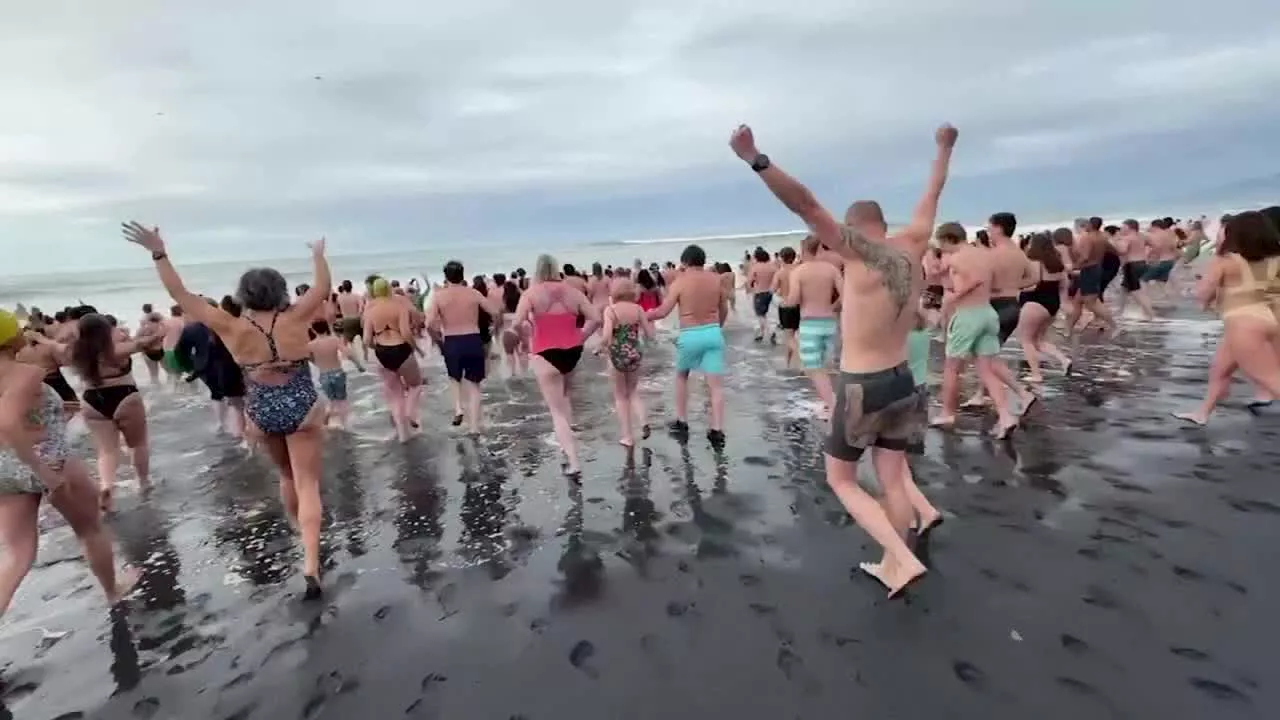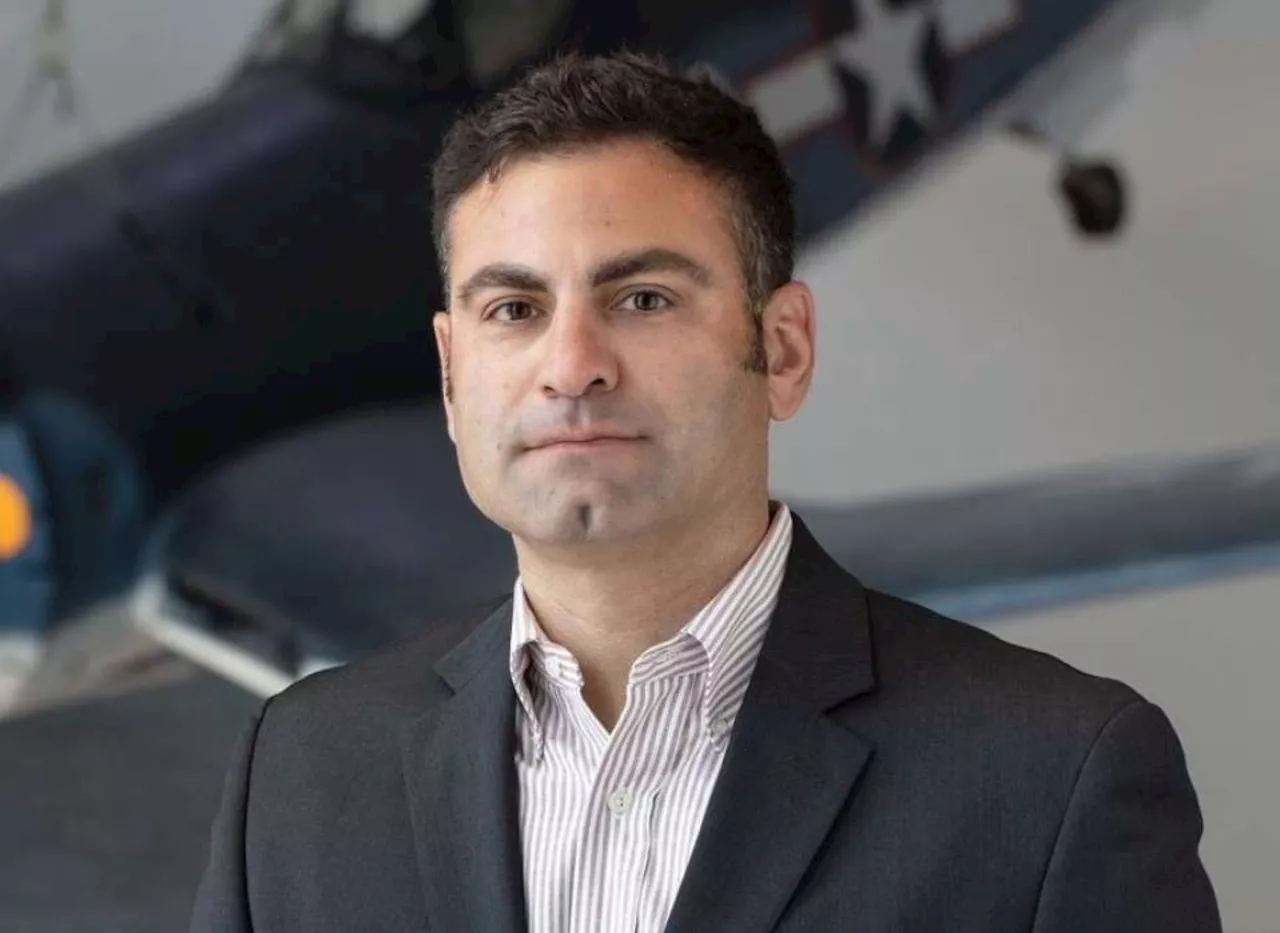This article explores the challenges facing commercial fishermen as they grapple with the rapid changes occurring in the ocean due to climate change. While some shifts may present opportunities, the pace of change is outpacing the ability of regulations and fishery management to adapt.
About 20 miles off the coast of Nantucket, Bill Amaru steers his fishing boat, Paladin, towards a school of summer flounder. Amaru cuts the motor, and crew members drop lines in the water. Then the rods tug, the reels turn, and soon the deck is flopping with flounder. Amaru hauls in a big one. “That’s a nice fish,” he says, tossing it into a cooler. “Probably about 2 pounds.” Then he adds: “Even a blind squirrel finds a nut now and then.” The crew chuckles.
Amaru smiles and casts his line back into the sea. Self-deprecating dad jokes aside, Amaru knows these waters. He’s been a commercial fisherman for more than 50 years — no small feat in a tough industry. And his expert eye sees the ocean changing. The most obvious shift: The water is warming and attracting different species of fish. The shifting species could bring new opportunities for fishermen. But the changes are coming so fast, the industry is struggling to keep up. Scientists, regulators and fishermen are all scrambling to adjust to a new reality. It’s also embedded in the history and character of many coastal communities, and the fabric of many families. Amaru’s son and grandson are both full-time commercial fishermen. He worries about their futures.“The more that we disrupt the climate, it's making it very difficult to make a living on the traditional stocks,” he said. “The fish are just not here anymore.” What surprised me the most was the magnitude of the changes,” Hare said. Herring is one of the populations undergoing rapid changes. The species is key to ocean ecosystems, serving as food for other fish and birds. Herring are also important to fishermen who use them as bait. But herring, like many fish, face challenges in the changing ocean conditions. The most recent federal data suggested a precipitous population decline, though scientists have not yet been able to pinpoint an exact cause. To address the decline, fishery managers recently proposed reducing the herring catch by 89%.“Are you crazy?” asked fisherman Daniel Fill at a council meeting in Gloucester last fall. “That’s decimation the whole herring fleet.”“The amount of fish that's allocated is not enough to, quite frankly, pay your insurance to get away from the dock,” said Tooley, who coordinates government affairs for the company.“The pace of change has been much faster than people had anticipated,” Tooley said. “And the pace of regulatory change is not fast.” As a fishery manager, O’Keefe agrees regulators are struggling to keep pace with climate change. Managers, she said, have few tools to respond to sudden events like marine heat waves or die-offs.“The more that we disrupt the climate, it's making it very difficult to make a living on the traditional stocks... The fish are just not here anymore.” So when surveyors spot an area with a surprisingly large number of baby scallops, it's welcome news. Ideally, managers would place the area off-limits to fishing and allow the scallops to mature, said O’Keefe. But a quick pivot isn’t always an option. Perhaps even more frustrating, fishery managers can’t always take advantage of climate shifts that could benefit the industry. Black sea bass is a prime example. The commercially valuable fish have been expanding north into New England waters. But while the fish are moving, the regulations are stuck. Since black sea bass were not historically abundant in New England, the fishery is managed by mid-Atlantic regulators. While some New England fishermen have permits to catch these fish, the lion’s share of the quotas and permits remain trapped in the mid-Atlantic. “What that means for us, not having any management authority over it, is that we don't have opportunities to harvest it,” said O’Keefe.like flexible permits, ways to react quickly to fish booms and die-offs, and the ability to land new fish that are coming in. “It’s a very high priority for us right now,” O’Keefe said. “As we see some of our traditional stocks declining or shifting north to Canada, we want to be able to take opportunities of stocks that are shifting into our waters.”“You're going to be taking something away from one region that may not want to give it up to another,” he said. “That's a challenge that the fishery service, all the states as well as the federal government, is working to try to solve, but it isn’t easy.”Scientists and fishermen have a historically fraught relationship. That may be changing, at least somewhat, as both groups recognize the value of the other. “There's just a wealth of knowledge” in the fishing community, said Glen Gawarkiewicz, a senior scientist at the Woods Hole Oceanographic Institution. Gawarkiewicz meets regularly with a group he affectionately calls the “squid squad” — a handful of scientists and squid fishermen trying to understand the dramatic changes they’re seeing in the ocean. “Some of these fishing families go back multiple generations,” said Gawarkiewicz.
Climate Change Fisheries Ocean Warming Herring Black Sea Bass Seafood Industry
United States Latest News, United States Headlines
Similar News:You can also read news stories similar to this one that we have collected from other news sources.
 507-Year-Old Clam Reveals Secrets of a Changing OceanA 507-year-old clam from Iceland, named Hafrún, is providing scientists with unprecedented insights into the long-term health of the Atlantic Ocean. By analyzing the clam's shell, researchers can track changes in ocean temperature, salinity, and circulation patterns over centuries.
507-Year-Old Clam Reveals Secrets of a Changing OceanA 507-year-old clam from Iceland, named Hafrún, is providing scientists with unprecedented insights into the long-term health of the Atlantic Ocean. By analyzing the clam's shell, researchers can track changes in ocean temperature, salinity, and circulation patterns over centuries.
Read more »
 Improving body image is more about changing the image than changing the body.Criticism is often projected onto our mirrored reflection, causing anguish and distress, but there are ways to approach body image differently.
Improving body image is more about changing the image than changing the body.Criticism is often projected onto our mirrored reflection, causing anguish and distress, but there are ways to approach body image differently.
Read more »
 New Lidar Technology Could Revolutionize Ocean Plastic Pollution MonitoringA newly developed hyperspectral Raman imaging lidar system offers a promising solution for identifying and monitoring plastic pollution in the ocean. This innovative technology can detect and differentiate various types of plastics from a distance, potentially revolutionizing cleanup and prevention efforts.
New Lidar Technology Could Revolutionize Ocean Plastic Pollution MonitoringA newly developed hyperspectral Raman imaging lidar system offers a promising solution for identifying and monitoring plastic pollution in the ocean. This innovative technology can detect and differentiate various types of plastics from a distance, potentially revolutionizing cleanup and prevention efforts.
Read more »
 New York Dippers Club Makes Daily Plunge into Atlantic OceanA group of dedicated individuals in New York City have formed the New York Dippers Club, braving the icy Atlantic Ocean daily for a refreshing and stress-relieving experience.
New York Dippers Club Makes Daily Plunge into Atlantic OceanA group of dedicated individuals in New York City have formed the New York Dippers Club, braving the icy Atlantic Ocean daily for a refreshing and stress-relieving experience.
Read more »
 Hundreds Plunge into San Francisco's Ocean for New Year's DayHundreds of revelers braved the chilly waters of Ocean Beach in San Francisco on New Year's Day for the annual Polar Bear Plunge, a tradition that symbolizes renewal and a fresh start.
Hundreds Plunge into San Francisco's Ocean for New Year's DayHundreds of revelers braved the chilly waters of Ocean Beach in San Francisco on New Year's Day for the annual Polar Bear Plunge, a tradition that symbolizes renewal and a fresh start.
Read more »
 Army Veteran Injured in New Orleans Attack Recovering in Ocean CityAdam Coste, a Cape May County native and Army veteran, was seriously injured in the New Year's Eve attack on Bourbon Street in New Orleans. He is recovering in Ocean City, New Jersey, after undergoing treatment at a New Orleans hospital. Coste, an educational travel manager at The National WWII Museum, requires extensive surgeries and rehabilitation to regain his ability to walk. A GoFundMe campaign has raised over $78,000 to support his recovery.
Army Veteran Injured in New Orleans Attack Recovering in Ocean CityAdam Coste, a Cape May County native and Army veteran, was seriously injured in the New Year's Eve attack on Bourbon Street in New Orleans. He is recovering in Ocean City, New Jersey, after undergoing treatment at a New Orleans hospital. Coste, an educational travel manager at The National WWII Museum, requires extensive surgeries and rehabilitation to regain his ability to walk. A GoFundMe campaign has raised over $78,000 to support his recovery.
Read more »
